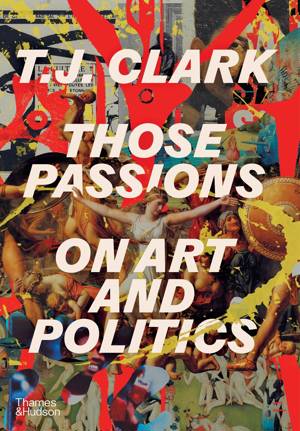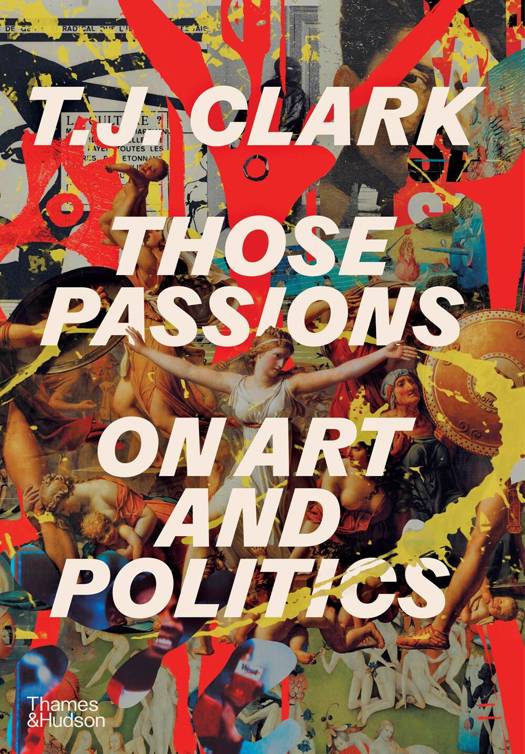
- Afhalen na 1 uur in een winkel met voorraad
- Gratis thuislevering in België vanaf € 30
- Ruim aanbod met 7 miljoen producten
- Afhalen na 1 uur in een winkel met voorraad
- Gratis thuislevering in België vanaf € 30
- Ruim aanbod met 7 miljoen producten
Omschrijving
Those Passions unpicks the nature of capitalist societies since the fifteenth century and the art produced within them. It evaluates the central politics of appearance--the building of "consumerism," the arrival of the 24-hour image-led world, the continuously changing methods of symbolic production, and the ongoing saturation of life by pictures and "data." It reveals our guilty love affair with the imagery of violence, the true nature of the "advertising" dream world, and the power and pathos of screen time.
Written across four decades, these essays focus on a line of painting and sculpture that was thought from the start to be responsive to the new condition. One key feature of the emerging "modern" was the liberation of art and politics from their previous established positions. Politics increasingly became a separate form of life, no longer so firmly allied to Church and State. Art floated free, at least partially, from the sacred age-old deference to the powerful. What art and politics would turn out to be became a question in itself; for some, the question on which art's future depended. With case studies drawn from across the centuries, from Hieronymus Bosch to Jacques-Louis David, Eugène Delacroix to Gerhard Richter, T. J. Clark asks what answers--or evasions--modernism was capable of. Radical and provocative, Those Passions engages with issues that continue to confront us today.
Specificaties
Betrokkenen
- Auteur(s):
- Uitgeverij:
Inhoud
- Aantal bladzijden:
- 384
- Taal:
- Engels
Eigenschappen
- Productcode (EAN):
- 9780500025260
- Verschijningsdatum:
- 25/03/2025
- Uitvoering:
- Hardcover
- Formaat:
- Genaaid
- Afmetingen:
- 198 mm x 249 mm
- Gewicht:
- 1292 g

Alleen bij Standaard Boekhandel
Beoordelingen
We publiceren alleen reviews die voldoen aan de voorwaarden voor reviews. Bekijk onze voorwaarden voor reviews.











